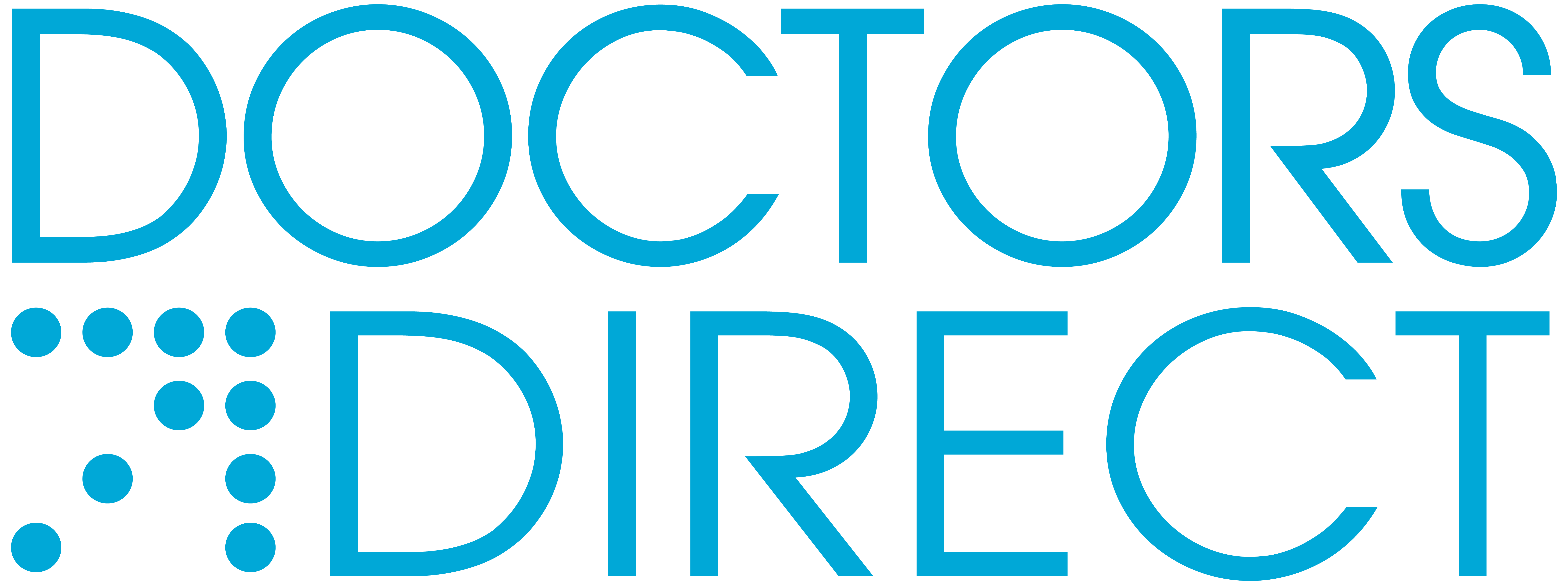|
|
 |
Health and Wellbeing Hub |

Maintaining a balanced diet is not merely about counting calories or achieving a certain body weight; it is fundamentally about nurturing your body and mind to achieve optimal health and well-being. The foods we consume provide the building blocks for all bodily functions, affecting everything from energy levels to mental clarity. Understanding and actively managing your diet can significantly enhance your quality of life.
A well-rounded diet rich in essential nutrients is vital for several reasons:
Energy and Vitality: The foods we eat are the primary source of energy for our bodies. Nutrient-dense foods such as fruits, vegetables, whole grains, and lean proteins provide the sustained energy needed for daily activities.
Immune Function: A balanced diet strengthens the immune system, helping the body defend against infections and diseases. Key nutrients like vitamins C, D, and zinc play crucial roles in immune health.
Mental Well-being: What we eat also impacts our mental health. Research shows that diets high in processed foods and sugars are linked to an increased risk of depression and anxiety, while diets rich in fruits, vegetables, and omega-3 fatty acids can have mood-stabilizing effects.
Long-term Health: Chronic conditions such as cardiovascular disease, diabetes, and certain cancers are influenced by diet. A diet low in saturated fats, sugars, and sodium, and high in fibre, vitamins, and minerals, can reduce the risk of these diseases.
Achieving a balanced diet involves:
Here are some actionable steps to enhance your diet and nutrition:
By prioritising a nutritious diet, you are investing in your long-term health and well-being. Remember, the choices you make about food impact not only your physical health but also your mental and emotional vitality. Embrace the power of wholesome foods and make informed decisions to nourish your body and mind.
Incorporating these principles into your daily life will not only enhance your overall health but also contribute to a more fulfilling and energetic lifestyle. Start today – your body will thank you tomorrow.